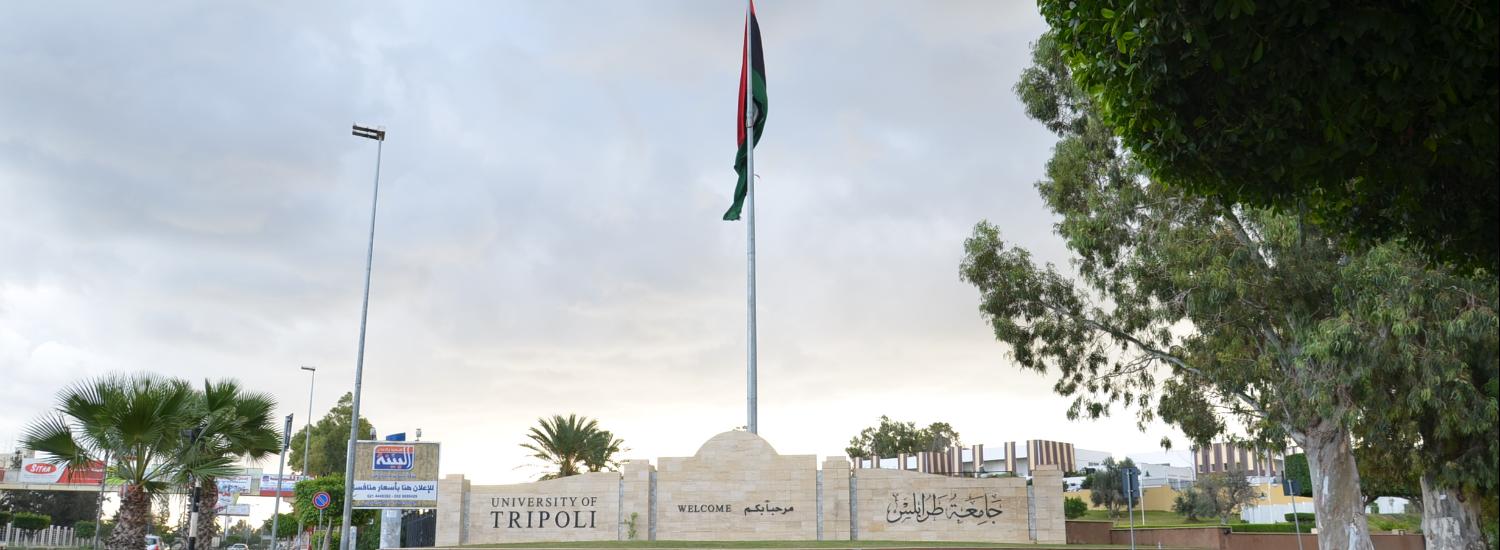Faculty of Medical Technology
More ...About Faculty of Medical Technology
Facts about Faculty of Medical Technology
We are proud of what we offer to the world and the community
13
Publications
93
Academic Staff
38
Students
37
Graduates
Programs
Who works at the Faculty of Medical Technology
Faculty of Medical Technology has more than 93 academic staff members

Dr. Basem Mabruk M. Rajab
Medical Laboratory Science Department - Faculty of Medical Technology

Dr. Salah Amru kamis Elbaruni
Medical Laboratory Science Department - Faculty of Medical Technology

Dr. Abdulwahab Abdulatif Khalifa Al Deib
Medical Laboratory Science Department - Faculty of Medical Technology

Mr. Munir Abdulgader Mohamed Krifa
Department of Physiotherapy - Faculty of Medical Technology

Prof.Dr. Abdulhamid Mohamed Mohamed Alkout
عبد الحميد الكوت هو احد اعضاء هيئة التدريس بقسم علم الامراض التخصصي بكلية التقنية الطبية. يعمل السيد عبد الحميد الكوت بجامعة طرابلس كـأستاذ منذ 2014-10-01 وله العديد من المنشورات العلمية في مجال تخصصه






